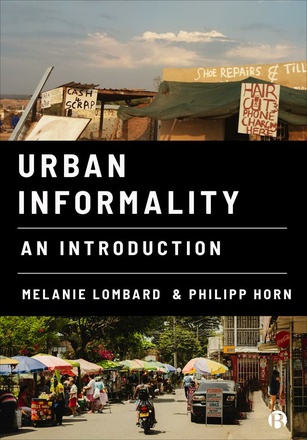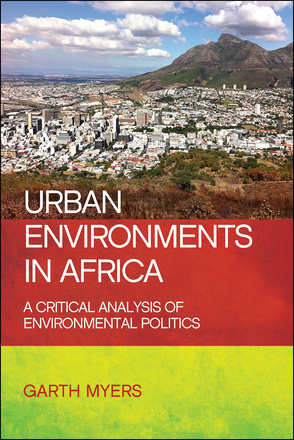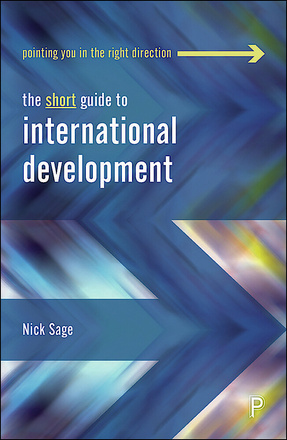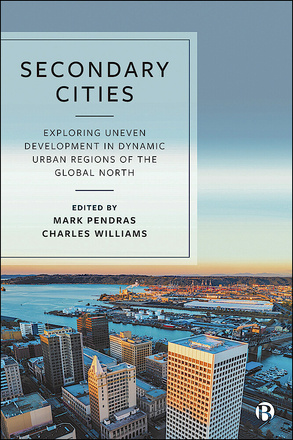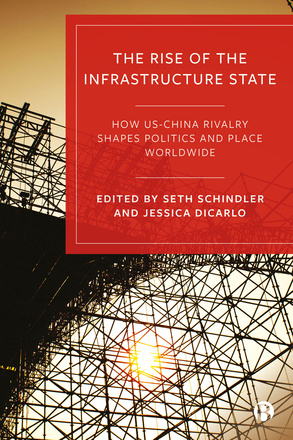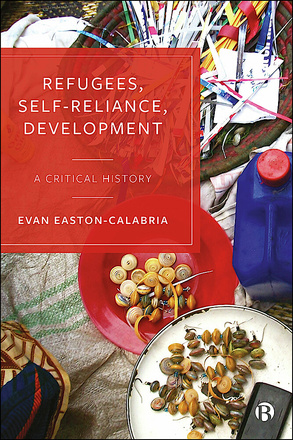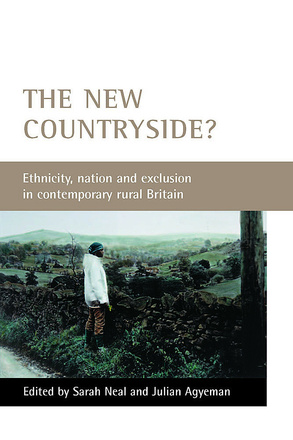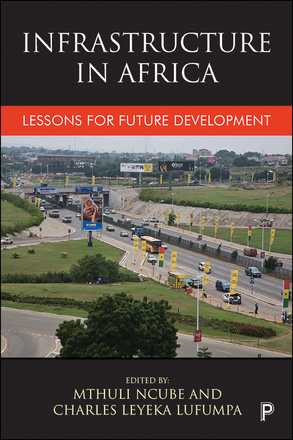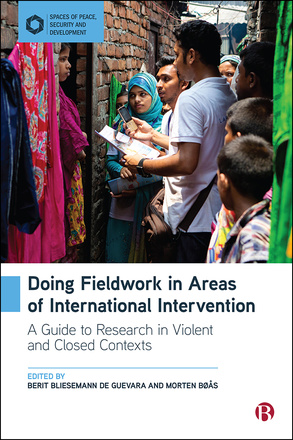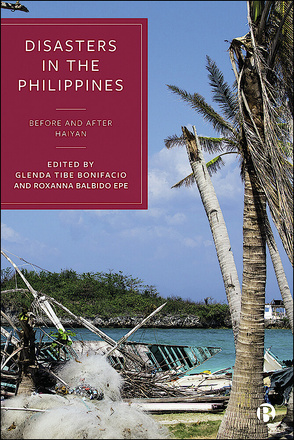Development Geography
Urban Informality
An Introduction
This book provides an introductory overview to the concept of ‘urban informality’, taking an international perspective across the global North and South. It explores theoretical understandings of the term, and looks at how it affects ways of living, such as land use, housing and basic services, working lives and political informality.
Urban Environments in Africa
A Critical Analysis of Environmental Politics
Explores the impact of Africa’s rapidly growing urban population on local resources and the environment, acknowledging the clash between Western focus on sustainable development and the lived realities of residents of often poor, informal settlements.
The Short Guide to International Development
By providing a succinct evaluation of competing approaches to, and perspectives on, the idea and practice of international development, this book offers students across the social sciences a distinct and invaluable introduction to the field.
Secondary Cities
Exploring Uneven Development in Dynamic Urban Regions of the Global North
This book explores cities and intra-regional relational dynamics to challenge common representations of urban development ‘success’ and ‘failure’. It provides innovative alternative relations and development strategies that reimagine the subordinate status of secondary cities.
The Rise of the Infrastructure State
How US–China Rivalry Shapes Politics and Place Worldwide
Wide-ranging and even-handed, this book offers a fresh interpretation of the territorial logic of US-China rivalry, and explores what it means for countries across Eurasia, Africa, and Latin America.
Rethinking Urbanism
Lessons from Postcolonialism and the Global South
This book provides new insights into popular understandings of urbanism that emanate from European and North American cities. Myers uses a wide range of case studies from lesser studied cities across the Global South and Global North to present evidence for the need to reconstruct our understanding of ‘good’ urban environments.
Retail Ruins
The Ghosts of Post-Industrial Spectacle
In the context of widespread precarity and ongoing crises, ruins have captured much attention in recent years. This book is about a troubling new kind of space for consumer society: the retail ruin. Drawing on the author’s own fieldnotes and photographs, this book takes a hauntological approach to these ‘new’ ruins in the urban landscape.
Refugees, Self-Reliance, Development
A Critical History
With five case studies from Greece, Tanzania, Pakistan, Uganda, and Egypt, this book tracks refugee self-reliance as a malleable concept used to pursue ulterior interests. It reshapes understandings of refugee self-reliance and delivers important messages for contemporary policymaking.
The new countryside?
Ethnicity, nation and exclusion in contemporary rural Britain
This book explores issues of ethnicity, identity and racialised exclusion in rural Britain, in depth and for the first time. It questions what the countryside 'is', problematises who is seen as belonging to rural spaces, and argues for the recognition of a rural multiculture.
Infrastructure in Africa
Lessons for Future Development
This book presents a comprehensive exploration of the state of infrastructure in Africa and provides an integrated analysis of the challenges the sector faces, based on extensive fieldwork across the continent, providing an important resource for researchers, students, policymakers and NGOs.
Doing Fieldwork in Areas of International Intervention
A Guide to Research in Violent and Closed Contexts
Using insights from those with first-hand experience of conducting research in areas of international intervention and conflict across the world, this book provides essential practical guidance, discussion of mistakes, key reflections and raises important questions for researchers and students embarking on fieldwork in violent and closed contexts.
Disasters in the Philippines
Before and After Haiyan
Bringing together the voices of local scholars, this book examines disasters in the Asia-Pacific region. Through its analysis, the book demonstrates the scopes, inequities and inefficiencies of policies and responses, as well as forms of empowerment and resilience, in meeting challenges in disaster-afflicted communities in the Philippines.







